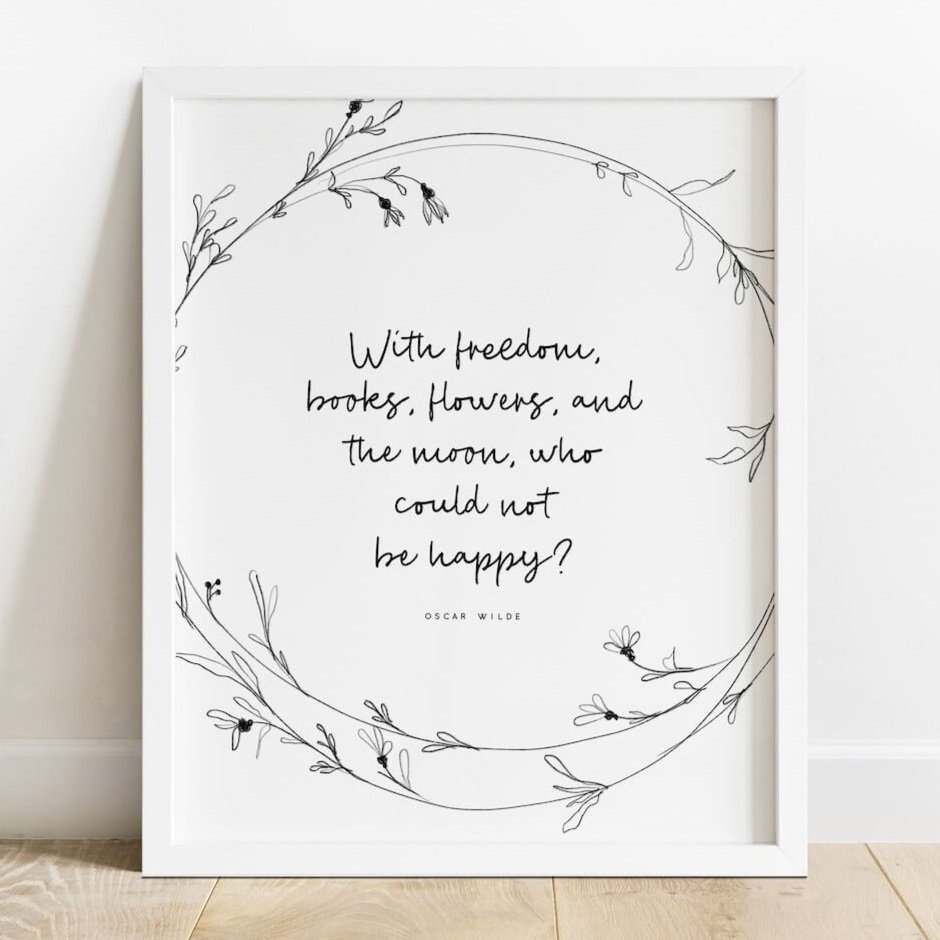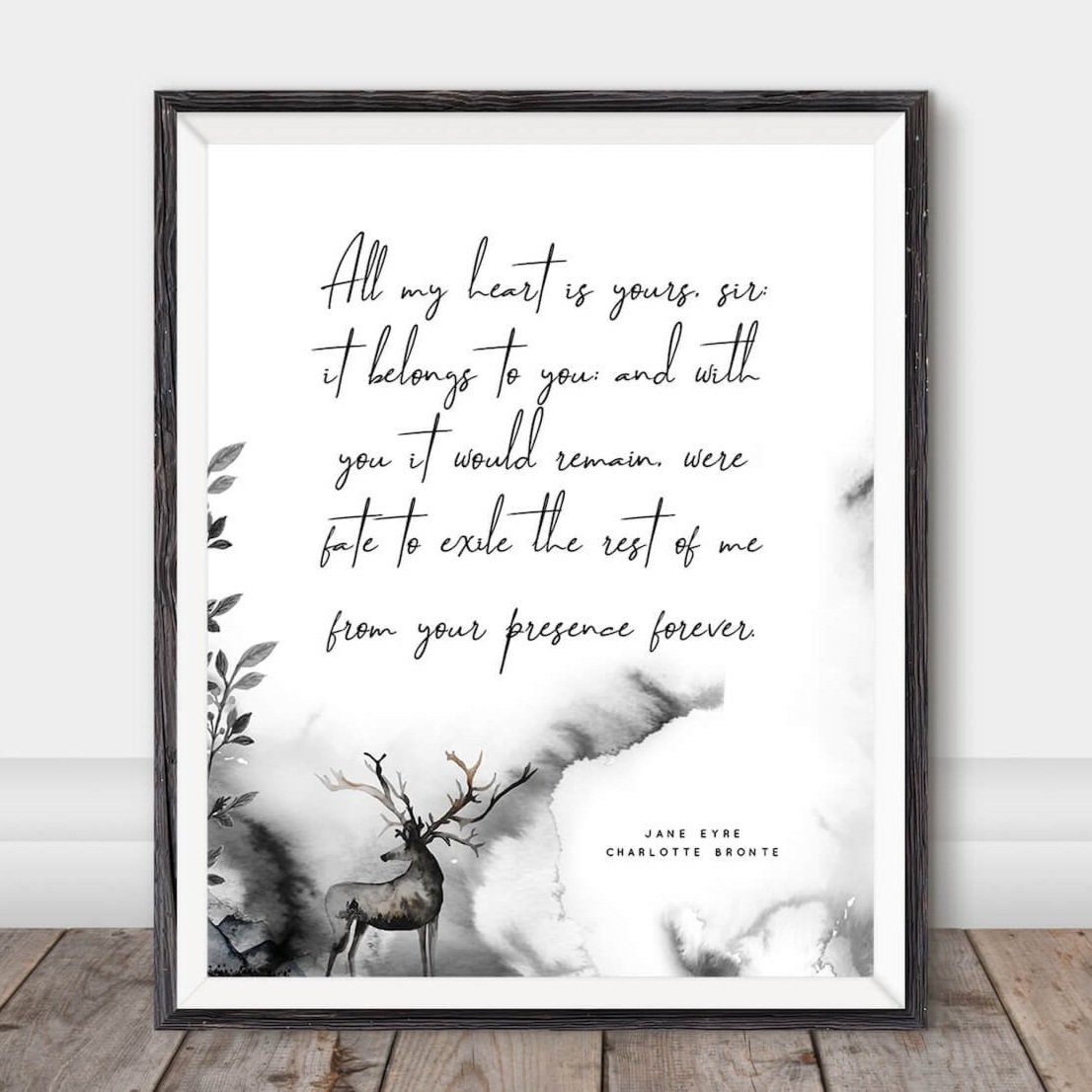
CLASSIC LITERATURE
Reading Challenge
Expand Your Horizons with Classic Literature: Join Our Reading Challenge and Explore a World of Timeless Stories!
From The Great Gatsby to Romeo and Juliet, Lolita to Frankenstein – Many stories and characters from classic literature are still relevant and often referenced today. You may be familiar with them, but how many of these great works of literature have you actually read?
The number of great classics, of course, doesn’t end with this list, in fact, it is really just an entry point into the world of classic literature, but it gives you a good idea of where to start.
90 CLASSIC BOOKS TO READ
1984 – George Orwell (1949)
The Adventures of Huckleberry Finn – Mark Twain (1884)
The Age of Innocence – Edith Wharton (1920)
Alice’s Adventures in Wonderland – Lewis Carroll (1865)
Animal Farm – George Orwell (1945)
Anna Karenina – Leo Tolstoy (1878)
Anne of Green Gables – L. M. Montgomery (1908)
Around the World in Eighty Days - Jules Verne (1872)
The Awakening - Kate Chopin (1899)
The Bell Jar – Sylvia Plath (1963)
Black Beauty – Anna Sewell (1877)
Brave New World – Aldous Huxley (1932)
Breakfast at Tiffany’s – Truman Capote (1958)
Brideshead Revisited – Evelyn Waugh (1945)
The Call of the Wild – Jack London (1903)
“Oh, it’s delightful to have ambitions. I’m so glad I have such a lot. And there never seems to be any end to them–that’s the best of it. Just as soon as you attain to one ambition you see another one glittering higher up still. It does make life so interesting.”
— Anne of Green Gables
Catch-22 – Joseph Heller (1961)
The Catcher in the Rye – J. D. Salinger (1951)
Charlie and the Chocolate Factory – Roald Dahl (1964)
A Christmas Carol - Charles Dickens (1843)
The Chronicles of Narnia - C.S. Lewis (1950-56)
The Count of Monte Cristo – Alexandre Dumas (1844)
Crime and Punishment – Fyodor Dostoevsky (1866)
Death of a Salesman – Arthur Miller (1949)
Don Quixote – Miguel De Cervantes (1605/1615)
Dracula – Bram Stoker (1897)
Dubliners - James Joyce (1914)
East of Eden – John Steinbeck (1952)
Fahrenheit 451 – Ray Bradbury (1953)
Frankenstein – Mary Shelley (1818)
Giovanni’s Room – James Baldwin (1956)
From the Shop
Gone With the Wind – Margaret Mitchell (1936)
The Grapes of Wrath – John Steinbeck (1939)
Great Expectations – Charles Dickens (1861)
The Great Gatsby – F. Scott Fitzgerald (1925)
Hamlet – William Shakespeare
The Hunchback of Notre Dame – Victor Hugo (1831)
I Capture the Castle – Dodie Smith (1948)
The Iliad – Homer
Invisible Man – Ralph Ellison (1952)
Jane Eyre – Charlotte Brontë (1847)
Les Misérables – Victor Hugo (1862)
Little Women – Louise May Alcott (1868/69)
Lolita – Vladimir Nabokov (1955)
Lord of the Flies – William Golding (1954)
The Lord of the Rings – J.R.R. Tolkien (1954/55)
Did you know that George Orwell borrowed the plot for 1984?
From ‘We’ by Yevgeny Zamyatin, a dystopian novel that Orwell reviewed in 1946. Orwell didn’t like the plot so he thought he would spice it up a bit... leading to his most famous work 1984.
Check out 24 Crazy Author Facts You Need to Know for more fun facts!
Madame Bovary – Gustave Flaubert (1857)
Middlemarch – George Eliot (1871/72)
A Midsummer Night’s Dream – William Shakespeare (1605)
Moby-Dick – Herman Melville (1851)
Mrs Dalloway – Virginia Woolf (1925)
North and South – Elizabeth Gaskell (1854)
The Odyssey – Homer
Of Mice and Men – John Steinbeck (1937)
The Old Man and the Sea – Ernest Hemingway (1952)
One Flew Over the Cuckoo’s Nest – Ken Kesey (1962)
Paradise Lost – John Milton (1667)
Peter Pan – J.M. Barrie (1911)
The Picture of Dorian Gray - Oscar Wilde (1890)
The Phantom of the Opera - Gaston Leroux (1910)
Pride and Prejudice – Jane Austen (1813)
“The future has several names. For the weak, it is impossible; for the fainthearted it is unknown; but for the valiant, it is ideal.”
— Les Misérables
The Raven – Edgar Allan Poe (1845)
Robinson Crusoe – Daniel Dafoe (1719)
Romeo and Juliet – William Shakespeare (1597)
A Room with a View – E.M. Forster (1908)
The Scarlet Letter – Nathaniel Hawthorne (1850)
The Secret Garden – Frances Hodgson-Burnett (1911)
Sense and Sensibility – Jane Austen (1811)
A Streetcar Named Desire – Tennessee Williams (1947)
Slaughterhouse-Five – Kurt Vonnegut (1969)
A Study in Scarlet – Sir Arthur Conan Doyle (1887)
A Tale of Two Cities – Charles Dickens (1859)
The Tell-Tale Heart – Edgar Allan Poe (1843)
Tess of the d’Urbervilles – Thomas Hardy (1891)
Their Eyes Were Watching God – Zora Neale Hurston (1937)
Things Fall Apart – Chinua Achebe (1958)
Love it? Pin it! ♥️
From the Blog
The Three Musketeers – Alexandre Dumas (1844)
The Time Machine – H.G. Wells (1895)
To Kill a Mockingbird – Harper Lee (1960)
Treasure Island – Robert Louis Stevenson (1883)
The Trial – Franz Kafka (1925)
Uncle Tom’s Cabin – Harriet Beecher Stowe (1852)
Vanity Fair – William Makepeace Thackeray (1847/48)
War and Peace – Leo Tolstoy (1869)
The War of the Worlds – H.G. Wells (1897)
We – Yevgeny Zamyatin (1924)
The Wind in the Willows – Kenneth Grahame (1908)
Who’s Afraid of Virginia Woolf? – Edward Albee (1962)
The Wonderful Wizard of Oz – Frank L. Baum (1900)
The Woman in White – Wilkie Collins (1859/60)
Wuthering Heights - Emily Brontë (1847)
















